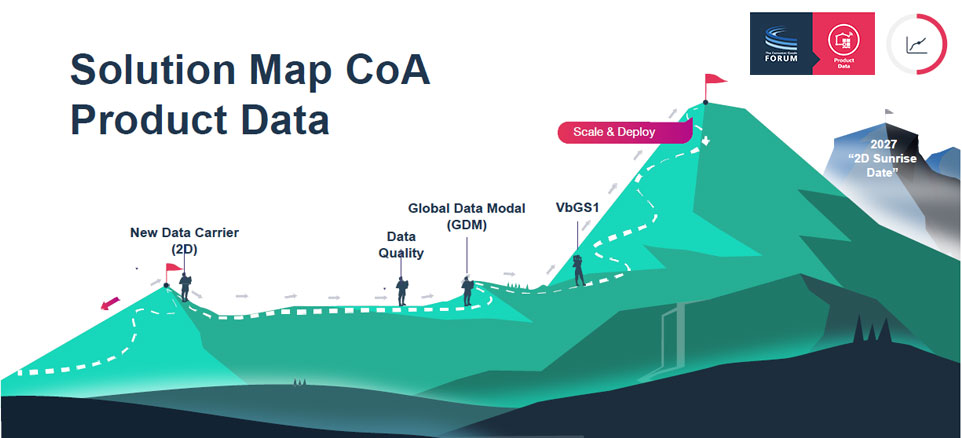Explore Tags
#Carrefour Engaged Consumers Club, #CGF Collaboration for Healthier Lives, #Ken Murphy, #Oonagh Turnbull, #Flora Food Group, #Floriculture Standards, #CGF Sustainable Supply Chain Initiative, #Ayla Ziz, #Environmental Benchmark Criteria, #Fleury Michon, #Les Ulis, #International Fresh Produce Association (IFPA), #The Global Produce & Floral Show, #Daniela España, #IFPA Sustainability Council Meeting, #Tamara Muruetagoiena, #GLOBAL G.A.P, #Flor Ecuador Plus Certified®, #Expoflores, #Alejandro Martínez, #business reponsibility, #application, #flower industry, #SSCI Benchmark, #Social Sustainability, #Carrefour, #Packaging, #Danone,
